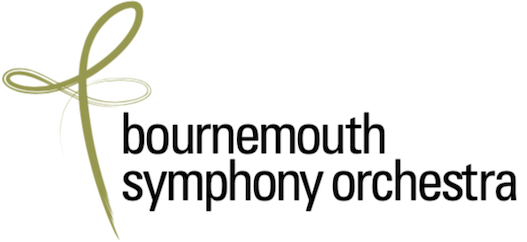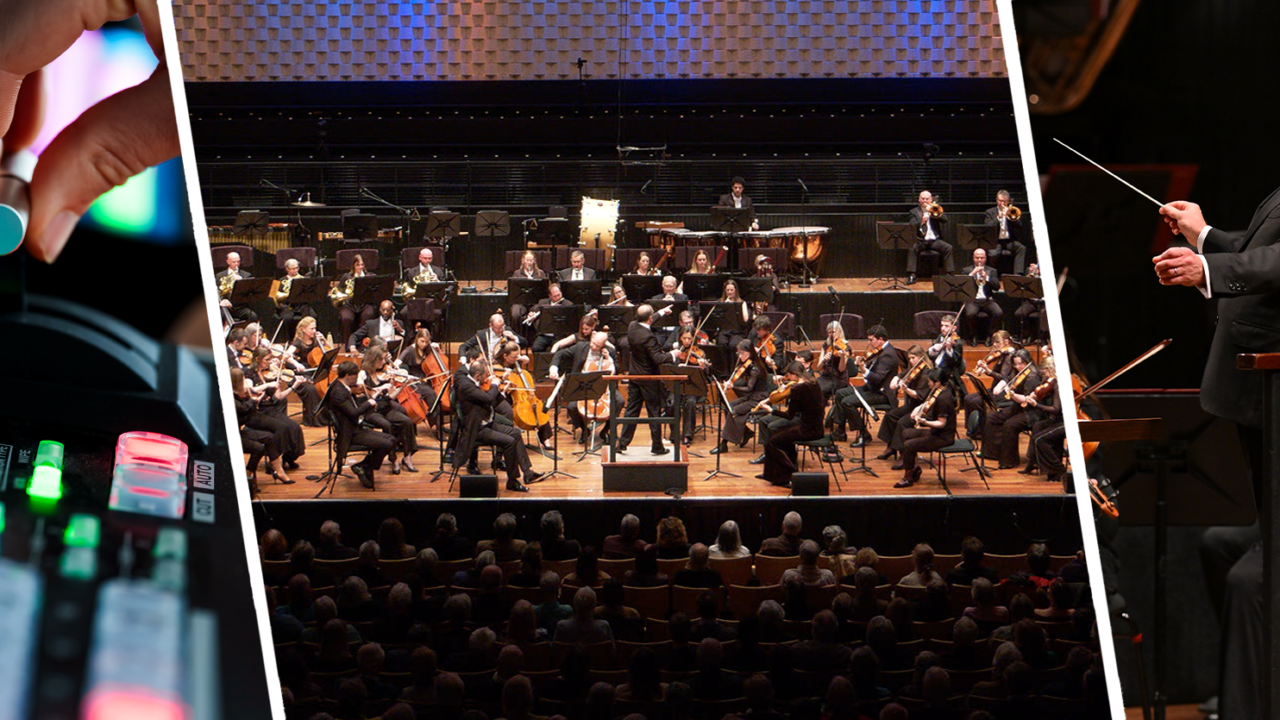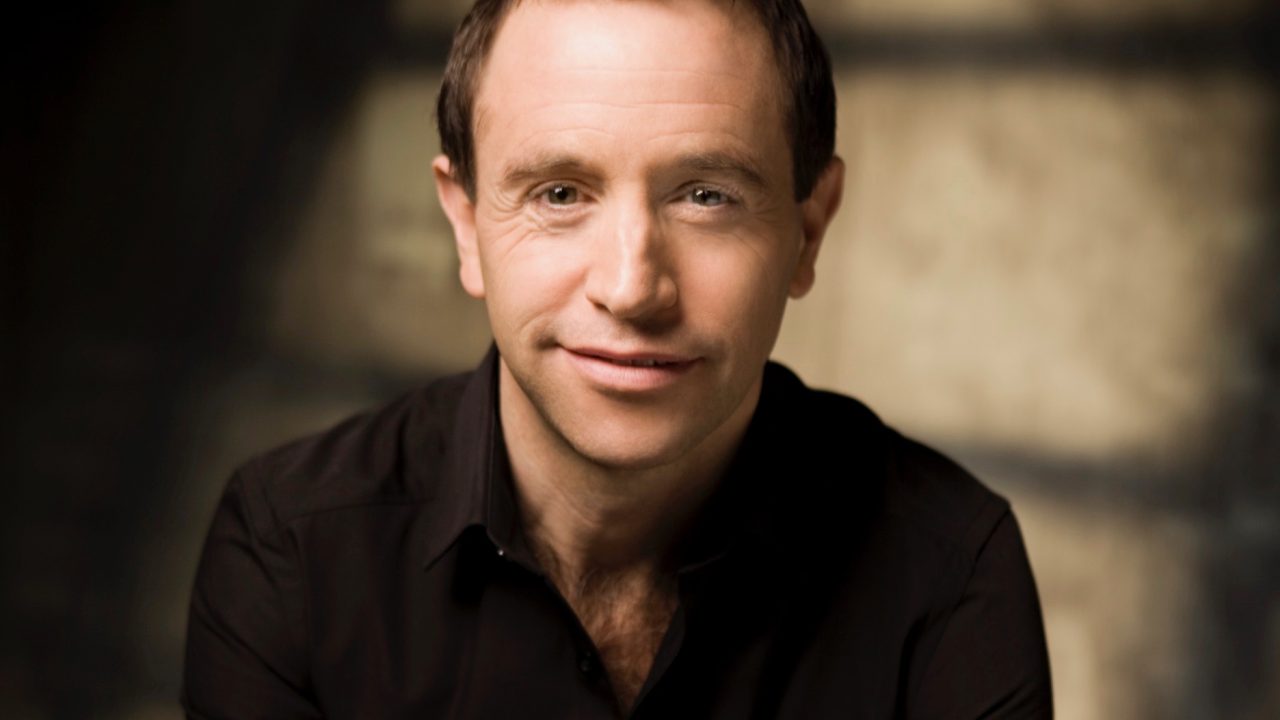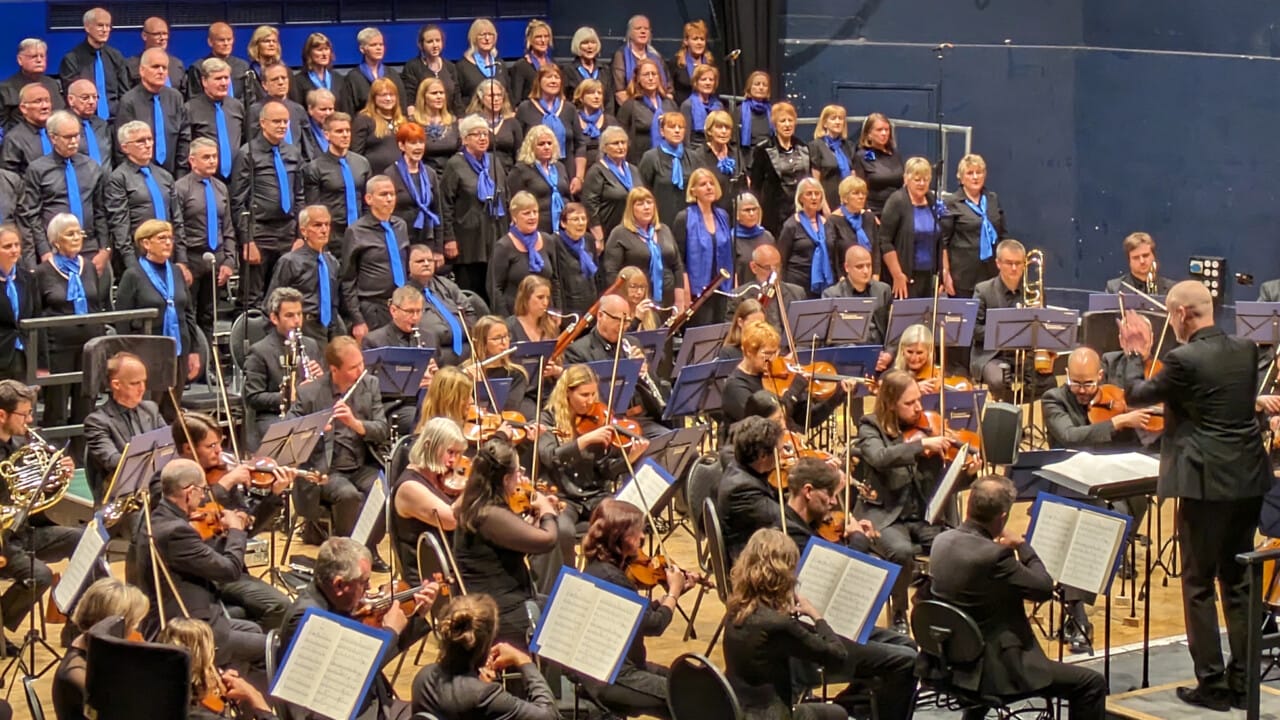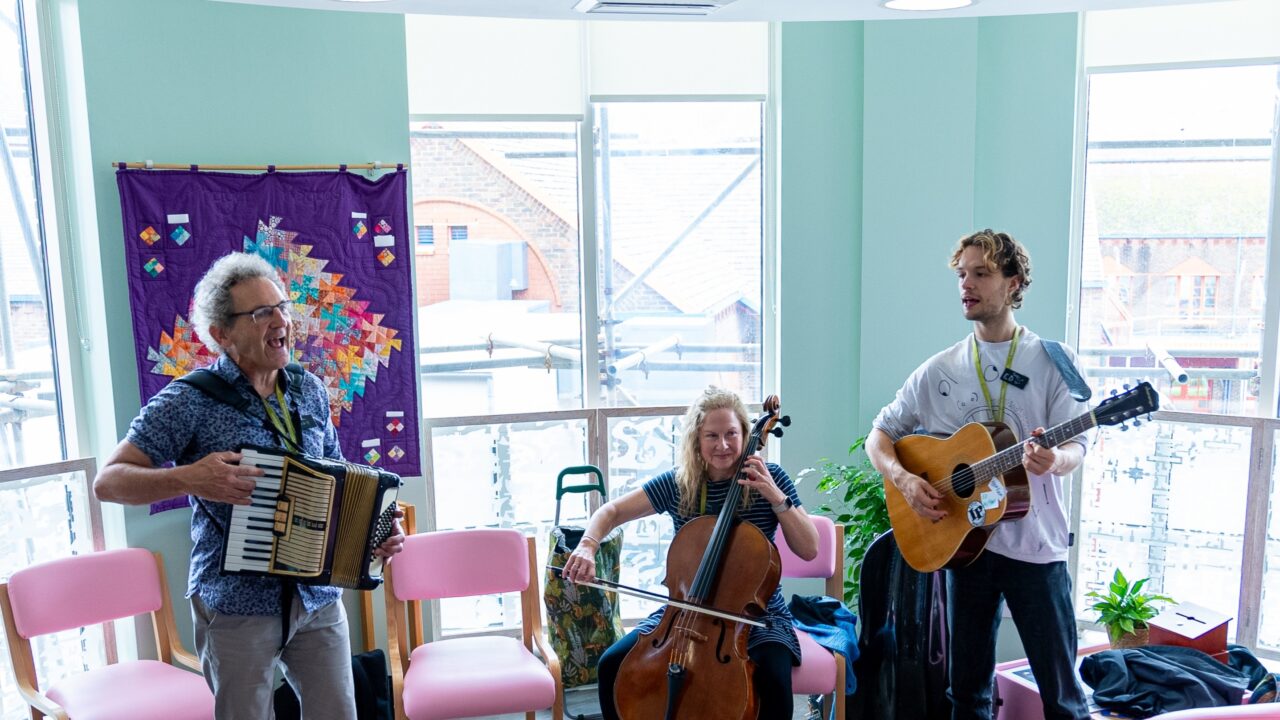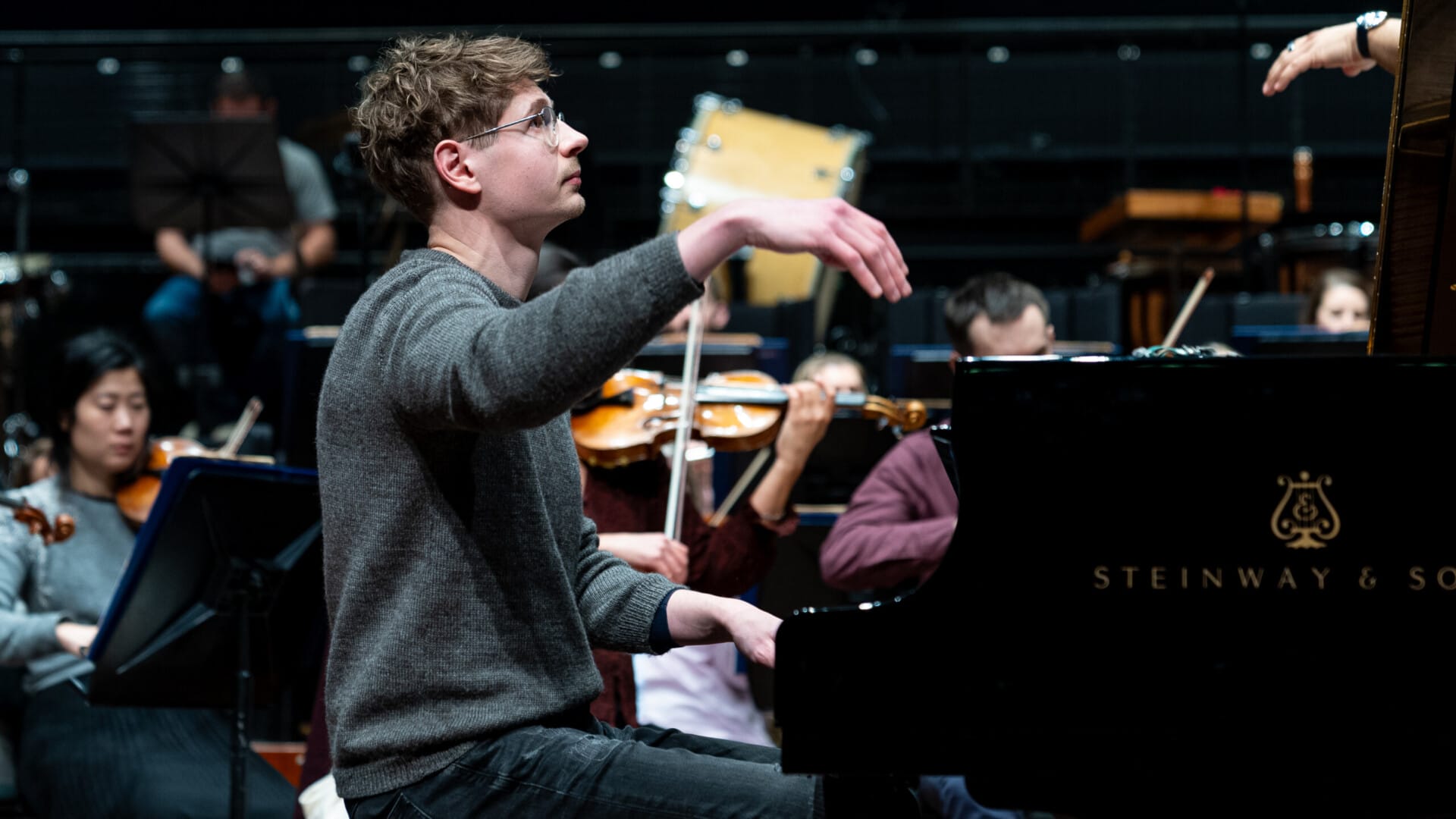Only a few minutes longer than Elgar’s Cockaigne concert overture, opening the programme with his less familiar In the South was an inspired choice. The composer’s musical postcard from the Alassio region of Italy came from a walking holiday encounter with a shepherd standing by a ruin on an old Roman road. The music’s scope broadens to a setting of ancient Italian history and landscape that in this rip-roaring performance thrilled and glowed with combative élan and poetic sensitivity. The strings and wind soared and tussled, complimented by usually inaudible, but here sizzling glissandi from harpist Eluned Pierce, plus rollicking brass and telling percussion framing a central moment of pastoral repose beautifully ushered in by viola player Gregory Aronovich. Total joy to hear such resplendent musicianship harking back to one of the still iconic recordings of the work with the BSO conducted by Constantin Silvestri way back in 1967.
Yet more breath was taken away by the partnership with soloist Pavel Kolesnikov in Liszt’s Piano Concerto No.2. The composer’s first concerto thrives on much barnstorming display, but the second offers more expressive contrast, thematic development and interplay with the orchestra potentially generating more collaborative cohesion and sense of purpose. In the event, keyboard virtuosity was jaw-dropping throughout, but with occasional gestures towards the limelight not always generating a convincing interpretative stance – except when the solo cello stops the show with the main melody decorated by filigree broken arpeggios from the piano. Here, communion between Kolesnikov and principal cellist Jesper Svedberg was complete and entrancing. As was the encore of a deceptively simple posthumously published Waltz in A minor by Chopin – a restorative magic moment.
Thence to Brahms, regarded by Elgar as “the classical composer par excellence, who writes for the whole world and for all time – a giant, lofty and unapproachable.” This burnished, powerfully-wrought performance of the Second Symphony vindicated his judgement at every turn. Often viewed as sunny and pastoral, Alpesh Chauhan fleshed out a far more comprehensive range of subtly shifting perspectives in the work. Yes, the sun can shine genially or blaze triumphantly to open and close the work, but each movement harboured striking contrasts suggesting darker, more disturbed tones to unsettle the emotional equilibrium at the heart of the symphony. Fleet and fiery in fast music, but in more restrained mood a gently elegiacal or unsettling darkness masked the light. The articulation of the bass lines from cellos and basses underpinned each movement as foundation stones. When combined with the lower brass they lent a surprisingly Brucknerian mobility and depth to the music’s intensely personal emotional backdrop.
The combination of Elgar, Liszt and Brahms at the top of their game was matched by conductor Alpesh Chauhan and the BSO on scintillating form. A recent recording of some of Tchaikovsky’s less frequently performed orchestral works including a scorching performance of Francesca da Rimini announced an interpreter with innate understanding of idiom, pacing and contrast. With a broad array of telling gesture, piercing eye contact and eloquent stick technique, he has clearly established an intuitive rapport with the BSO. Each performance registered poetry in motion – Byronic Elgar and Lisztian contrasts of Dante’s Inferno with Petrarch Sonnets, followed by Brahms permeated by Goethe’s Faust. More please!
Ian Julier
We also recieved reviews from:
Bachtrack ***** “Variously thunderous, though never harsh, tender in the dreamy nocturne and glittering in the final pages”
The Telegraph **** “Musical romanticism comes in many shades, as this stirring concert from the Bournemouth Symphony Orchestra reminded us”
This livestream is available to watch until 9 February, click here to view
